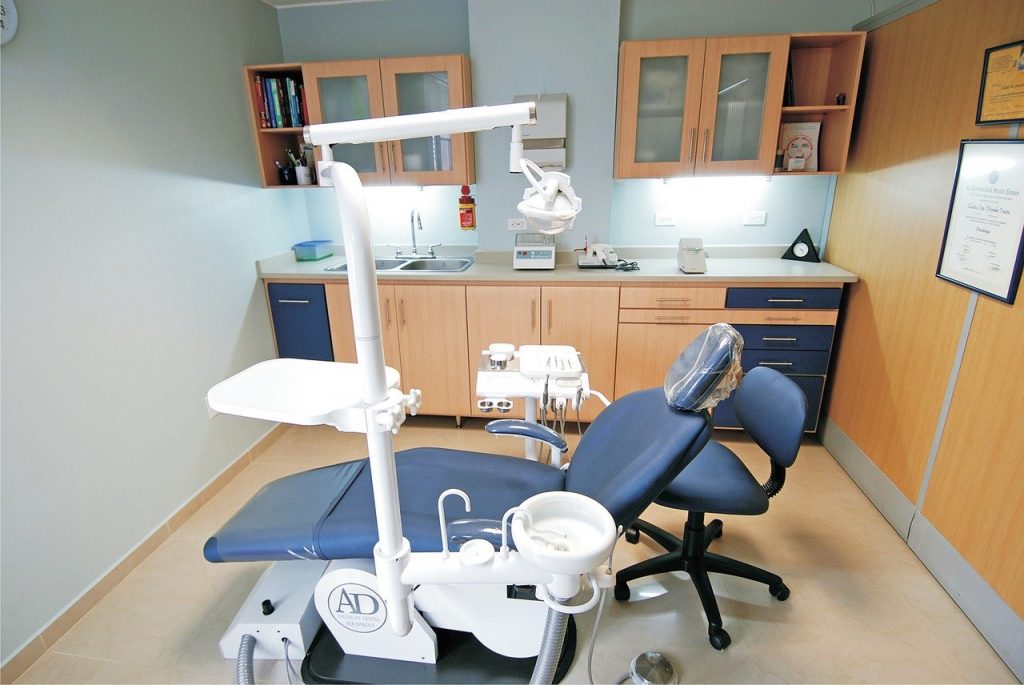The impact of retirement on health is gradually becoming a huge concern. With a 5-16% increase in mobility issues, there is also a 5-6% upsurge of other medical ailments, including a decline in mental health. This information makes it all the more important to be proactive in staying healthy after those active working years. So, how can you ensure that you remain healthy after your retirement? Here are some tips you should consider.
- Be mindful of your oral health
Oral hygiene is a critical health practice you shouldn’t ignore. Besides brushing your teeth twice a day and flossing, there is so much more you can do. As you get older, it is advisable to visit your dentist regularly. Ensure that you review your Medicare package to view the benefits available to you. After years of exposing your teeth to acidic drinks and meals, they tend to discolor. Old age contributes somewhat to missing or dull-looking teeth, and in these circumstances, realistic teeth covers are ideal for you. Nobody likes to feel the stigma associated with bad teeth. Alpha Veneers provide a cost-effective option to restore your sparkly smile.
- Exercise daily
The benefits of staying healthy through exercise are very well-known and cannot be overemphasized. Take away the muscle toning and enhanced bone condition advantages, and you have a free ticket to optimizing your mental health. Exercising releases dopamine, which improves brain health and emotional stability. According to the CDC, anybody above the age of sixty-five needs a two-hour aerobic session weekly. However, you should check in with your physician before you go ahead with working out as exercise is an intense activity which requires a strong heart and healthy blood pressure. Unfortunately, underlying medical conditions could hinder you from partaking in specific routines. For example, hypertensive and cardio sufferers need to be extremely cautious in this regard. In this case, daily 30-minute walks will work just fine for you.
- Maintain and nurture social networks
Human beings are social creatures, so it is understandable when you begin to feel lonely after retirement. You may not be a part of many social circles, and your everyday social interactions with work colleagues cannot be as consistent as before. However, you shouldn’t feel morose; there are other healthy and viable options you can explore. For aging adults, healthy social networks improve cognitive function and give a reason to look forward to each day. This means that game, book and writing clubs are excellent networking options for you. These clubs create platforms to help you create and nurture new relationships. Inadequate or non-existent social networks after retirement can become a breeding ground for low self-esteem and a sense of loneliness.
There are countless options to stay healthy when your active career comes to an end. You may have retired from your career, but you can’t retire from keeping your body and mind healthy. Consider it as a new chapter of your life, with a determination to conquer it.



